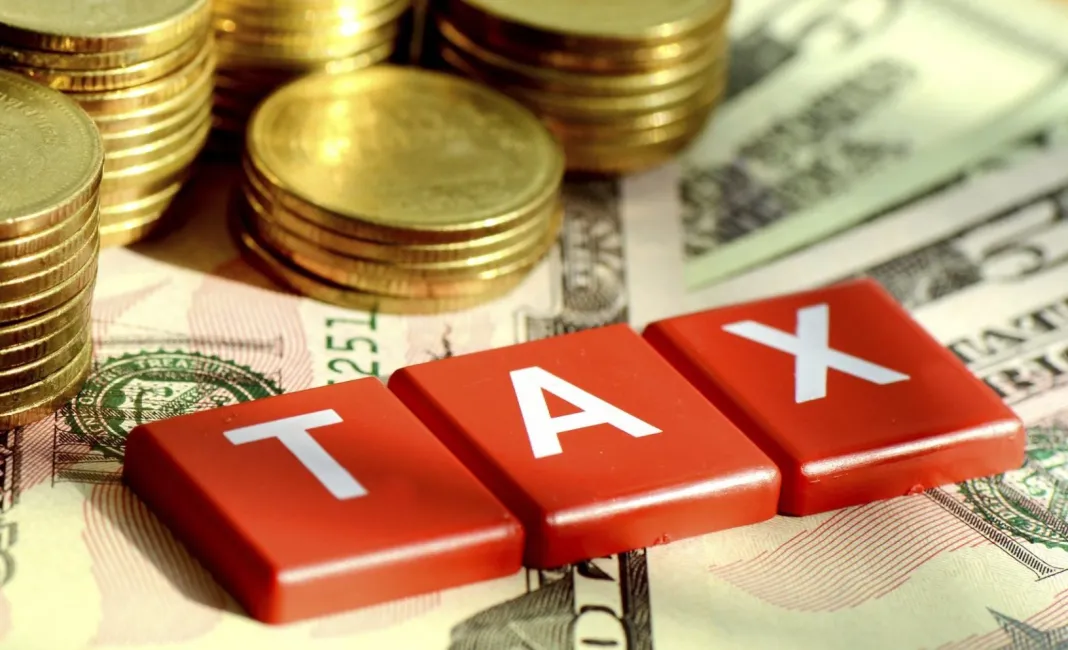Business
New VAT reforms proposed to boost Nigeria’s export sector

The Presidential Fiscal Policy and Tax Reforms Committee has unveiled a series of proposed changes to Nigeria’s Value Added Tax (VAT) system, with a focus on boosting the country’s export sector and simplifying the tax environment.
Central to these proposals is introducing a 0% VAT rate on intellectual property and services, aimed at enhancing the global competitiveness of Nigerian exports.
Announced by Committee Chairman Taiwo Oyedele via his official X (formerly Twitter) account, the reforms are part of a broader initiative to revamp Nigeria’s tax system. Oyedele invited the public to provide feedback on the proposals, which include seven key reforms designed to reshape the VAT landscape.
Among the key elements of the proposal is the exemption of essential goods and services—such as food, education, healthcare, rent, and transport—from VAT. To offset these exemptions, the proposal suggests raising VAT rates on non-essential items. This marks a significant departure from the current VAT system, which still taxes many essential goods.
The proposed changes also aim to ease the burden on small and medium-sized enterprises (SMEs) by exempting over 97% of them from charging VAT, thereby simplifying business operations. Additionally, the reforms propose discontinuing other consumption taxes, leaving only VAT where applicable.
Moreover, the reforms intend to streamline the VAT refund process by eliminating lengthy audits, thereby improving cash flow for businesses. Finally, the proposal seeks to create a more equitable distribution of VAT revenue among states, addressing regional imbalances and tensions under the current system.
These proposed reforms signal a significant shift in Nigeria’s tax policy, with the potential to drive export growth, simplify taxation, and promote fiscal equity nationwide.










